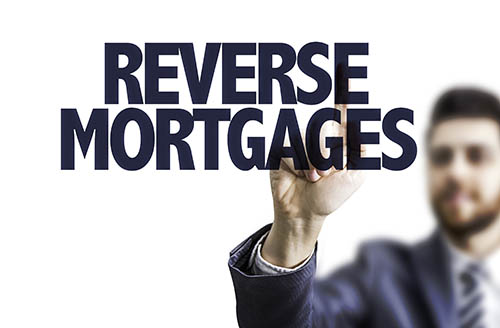Financing That Dream Home with a Mortgage? Here’s What to Expect on Closing Day
 There are so many details that lead up to the purchase of your dream home that it can be hard to realize it when the closing day is finally upon you. However, when closing day finally arrives, there will still be a few last minute details that need to be taken care of. If you’re getting ready to solidify your home purchase and are wondering about the remaining paperwork and any unknown details, here are some things you can expect when it comes to making your purchase complete.
There are so many details that lead up to the purchase of your dream home that it can be hard to realize it when the closing day is finally upon you. However, when closing day finally arrives, there will still be a few last minute details that need to be taken care of. If you’re getting ready to solidify your home purchase and are wondering about the remaining paperwork and any unknown details, here are some things you can expect when it comes to making your purchase complete.
One Last Walk Through
A home inspection is an important part of any home purchase, but buyers often have the option to go for one final walk through on closing day in order to determine if any additional damage has been done. This will help to ensure that if any additional issues have appeared, they can be discussed and taken care of by the seller. While it might seem like the home inspection should take care of things, a last walk through can be very important in ensuring you don’t get stuck with unwanted – and potentially expensive – repairs.
A Few Helping Hands
Most of the details will be taken care of by the time closing day comes, but that doesn’t mean it will be up to the lawyers to settle everything for you and the seller. Instead, you can expect a wide cast of involved parties that can range from the seller’s agent to the title company representative to the closing agent, in addition to the homeowner and yourself. It’s just important to be aware that which parties are involved will be dependent upon where you live.
A Bevy of Documents
Purchasing a home is not without an abundance of paperwork, but there will be a few more documents to deal with during your closing meeting. In addition to documents that outline the agreement and the property transfer, there will be others like the deed of trust, the settlement statement and the mortgage note that verifies that the buyer will pay back the mortgage loan.
There are many stressors that come along with the purchase of your home, but by taking all the documents you need and being prepared to deal with all the engaged parties, the day can go a lot more smoothly. If you’re currently looking into a mortgage and are on the market for a home, contact your local mortgage professional for more information.

 There are few things more exciting than finding your ideal home, but with the rising cost of housing, a person’s dream home can often come with a very high purchase price. If you’re wondering how much home you can truly afford and how your cost of living will fare for your mortgage approval, here are some of the details on what you can expect when it comes to finding a home at an affordable price.
There are few things more exciting than finding your ideal home, but with the rising cost of housing, a person’s dream home can often come with a very high purchase price. If you’re wondering how much home you can truly afford and how your cost of living will fare for your mortgage approval, here are some of the details on what you can expect when it comes to finding a home at an affordable price. Most people who have been on the market for a home are familiar with what the term ‘mortgage’ means, but many have not heard of a reverse mortgage and aren’t aware of how this product can benefit them. If you’re nearing retirement and are contemplating a new home or even relocation to another community, here are the details on a reverse mortgage and how this option may benefit you.
Most people who have been on the market for a home are familiar with what the term ‘mortgage’ means, but many have not heard of a reverse mortgage and aren’t aware of how this product can benefit them. If you’re nearing retirement and are contemplating a new home or even relocation to another community, here are the details on a reverse mortgage and how this option may benefit you.